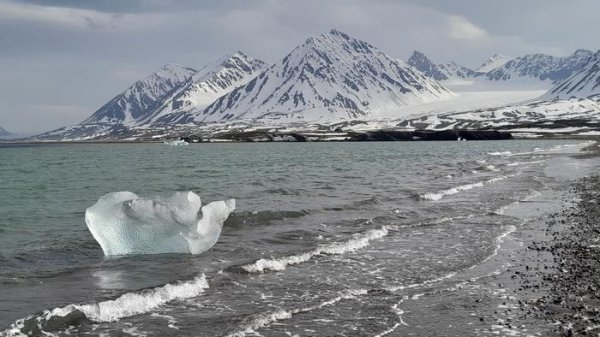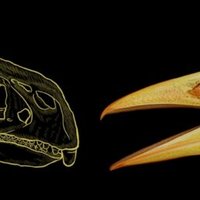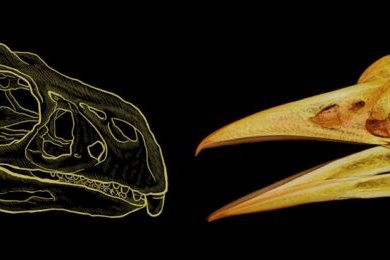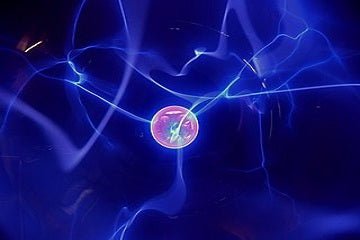Arctic Meltdown Threatens Carbon Sinks: New Study Reveals Climate Change Impact on Polar Ecosystems

A groundbreaking study led by Jochen Knies from the iC3 Polar Research Hub has revealed concerning evidence that climate change is undermining the capacity of Arctic fjords to function as effective carbon sinks[1][2]. The research, published in Communications Earth & Environment, documents how rapid warming in the Arctic region is transforming vital fjord ecosystems like Kongsfjorden in Svalbard[1].
The study highlights not only significant shifts in phytoplankton communities due to melting ice but also a worrying decline in these fjords' ability to sequester carbon from the atmosphere[1][2]. This is particularly alarming as Arctic regions serve as crucial carbon sinks in our global climate system.
Phytoplankton, microscopic organisms at the foundation of Arctic food webs, play a pivotal role in carbon cycling and climate regulation[1][2]. As ice retreats due to warming temperatures, more sunlight reaches ocean surfaces, initially encouraging phytoplankton growth. However, the long-term consequences appear to be negative for carbon sequestration.
This research comes amid mounting evidence of an accelerating "Arctic amplification" effect. The region is now warming nearly four times faster than the global average, with dramatic consequences for sea ice coverage[4]. Earlier this year, the US-based National Snow and Ice Data Center (NSIDC) reported that Arctic sea ice reached its lowest annual maximum on record on March 22, 2025[5].
The implications extend beyond carbon cycling. As dark-colored ocean water replaces light-colored ice sheets, more solar radiation is absorbed rather than reflected, creating a feedback loop that further accelerates warming[4]. On land, thawing permafrost is releasing long-sequestered carbon into the atmosphere as greenhouse gases, potentially contributing emissions comparable to those of large industrialized nations[4].
According to Knies, "The changes we observe suggest that the future of these fjord ecosystems will depend heavily on how well they adapt to a warmer climate"[1][2]. The findings suggest that as the world continues to heat up, the capacity of polar oceans to remove carbon from the atmosphere may be significantly reduced—adding yet another concerning dimension to our growing climate crisis.
Recent Science Articles
NASA's Lucy Probe Sends Striking Close-Ups of Peanut-Shaped Asteroid Donaldjohanson
NASA's Lucy mission captured its first detailed images of the peanut-shaped asteroid Donaldjohanson, revealing its unusual geology and complex structure …
Secret Mathematical Rule Discovered to Shape Bird Beaks for 200 Million Years
Scientists have discovered a hidden mathematical rule governing bird beak shapes for 200 million years, offering new insight into avian …
Groundbreaking Study Reveals Complex Dynamics of the Brain's Serotonin System
University of Ottawa research reveals serotonin neurons' complex interactions and role in future reward signaling, offering new therapeutic insights.
NISAR Mission Launch Confirmed: NASA-ISRO's Earth Observation Satellite Set for June 2025
The groundbreaking NASA-ISRO NISAR satellite, designed to monitor Earth's ecosystems with unprecedented precision, is confirmed to launch in June 2025 …
Kindness Redefines Happiness: World Happiness Report 2025 Reveals Surprising Trends
The World Happiness Report 2025 reveals that happiness stems from both personal kindness and strong social connections, with Nordic countries …

NASA's Lucy Probe Sends Striking Close-Ups of Peanut-Shaped Asteroid Donaldjohanson
NASA's Lucy mission captured its first detailed images of the peanut-shaped asteroid Donaldjohanson, revealing its …

Secret Mathematical Rule Discovered to Shape Bird Beaks for 200 Million Years
Scientists have discovered a hidden mathematical rule governing bird beak shapes for 200 million years, …

Groundbreaking Study Reveals Complex Dynamics of the Brain's Serotonin System
University of Ottawa research reveals serotonin neurons' complex interactions and role in future reward signaling, …




